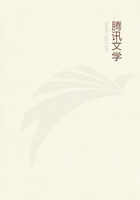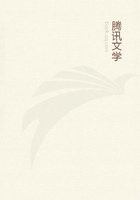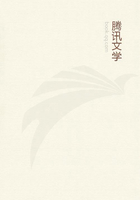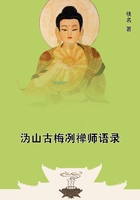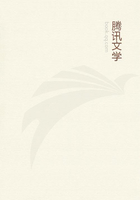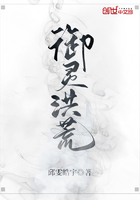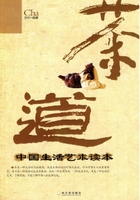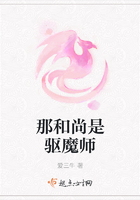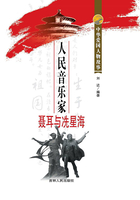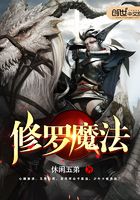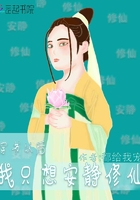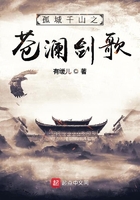I recall a number of Russian women working in a sewing room near Hull-House, who heard one Christmas week that the House was going to give a party to which they might come. They arrived one afternoon, when, unfortunately, there was no party on hand and, although the residents did their best to entertain them with impromptu music and refreshments, it was quite evident that they were greatly disappointed. Finally it was suggested that they be shown the Labor Museum--where gradually the thirty sodden, tired women were transformed. They knew how to use the spindles and were delighted to find the Russian spinning frame. Many of them had never seen the spinning wheel, which has not penetrated to certain parts of Russia, and they regarded it as a new and wonderful invention. They turned up their dresses to show their homespun petticoats; they tried the looms; they explained the difficulty of the old patterns; in short, from having been stupidly entertained, they themselves did the entertaining.
Because of a direct appeal to former experiences, the immigrant visitors were able for the moment to instruct their American hostesses in an old and honored craft, as was indeed becoming to their age and experience.
In some such ways as these have the Labor Museum and the shops pointed out the possibilities which Hull-House has scarcely begun to develop, of demonstrating that culture is an understanding of the long-established occupations and thoughts of men, of the arts with which they have solaced their toil. A yearning to recover for the household arts something of their early sanctity and meaning arose strongly within me one evening when I was attending a Passover Feast to which I had been invited by a Jewish family in the neighborhood, where the traditional and religious significance of the woman's daily activity was still retained.
The kosher food the Jewish mother spread before her family had been prepared according to traditional knowledge and with constant care in the use of utensils; upon her had fallen the responsibility to make all ready according to Mosaic instructions that the great crisis in a religious history might be fittingly set forth by her husband and son. Aside from the grave religious significance in the ceremony, my mind was filled with shifting pictures of woman's labor with which travel makes one familiar; the Indian women grinding grain outside of their huts as they sing praises to the sun and rain; a file of white-clad Moorish women whom I had once seen waiting their turn at a well in Tangiers; south Italian women kneeling in a row along the stream and beating their wet clothes against the smooth white stones; the milking, the gardening, the marketing in thousands of hamlets, which are such direct expressions of the solicitude and affection at the basis of all family life.
There has been some testimony that the Labor Museum has revealed the charm of woman's primitive activities. I recall a certain Italian girl who came every Saturday evening to a cooking class in the same building in which her mother spun in the Labor Museum exhibit; and yet Angelina always left her mother at the front door while she herself went around to a side door because she did not wish to be too closely identified in the eyes of the rest of the cooking class with an Italian woman who wore a kerchief over her head, uncouth boots, and short petticoats. One evening, however, Angelina saw her mother surrounded by a group of visitors from the School of Education who much admired the spinning, and she concluded from their conversation that her mother was "the best stick-spindle spinner in America." When she inquired from me as to the truth of this deduction, I took occasion to describe the Italian village in which her mother had lived, something of her free life, and how, because of the opportunity she and the other women of the village had to drop their spindles over the edge of a precipice, they had developed a skill in spinning beyond that of the neighboring towns. I dilated somewhat on the freedom and beauty of that life--how hard it must be to exchange it all for a two-room tenement, and to give up a beautiful homespun kerchief for an ugly department store hat. I intimated it was most unfair to judge her by these things alone, and that while she must depend on her daughter to learn the new ways, she also had a right to expect her daughter to know something of the old ways.
That which I could not convey to the child, but upon which my own mind persistently dwelt, was that her mother's whole life had been spent in a secluded spot under the rule of traditional and narrowly localized observances, until her very religion clung to local sanctities--to the shrine before which she had always prayed, to the pavement and walls of the low vaulted church--and then suddenly she was torn from it all and literally put out to sea, straight away from the solid habits of her religious and domestic life, and she now walked timidly but with poignant sensibility upon a new and strange shore.
It was easy to see that the thought of her mother with any other background than that of the tenement was new to Angelina, and at least two things resulted; she allowed her mother to pull out of the big box under the bed the beautiful homespun garments which had been previously hidden away as uncouth; and she openly came into the Labor Museum by the same door as did her mother, proud at least of the mastery of the craft which had been so much admired.

